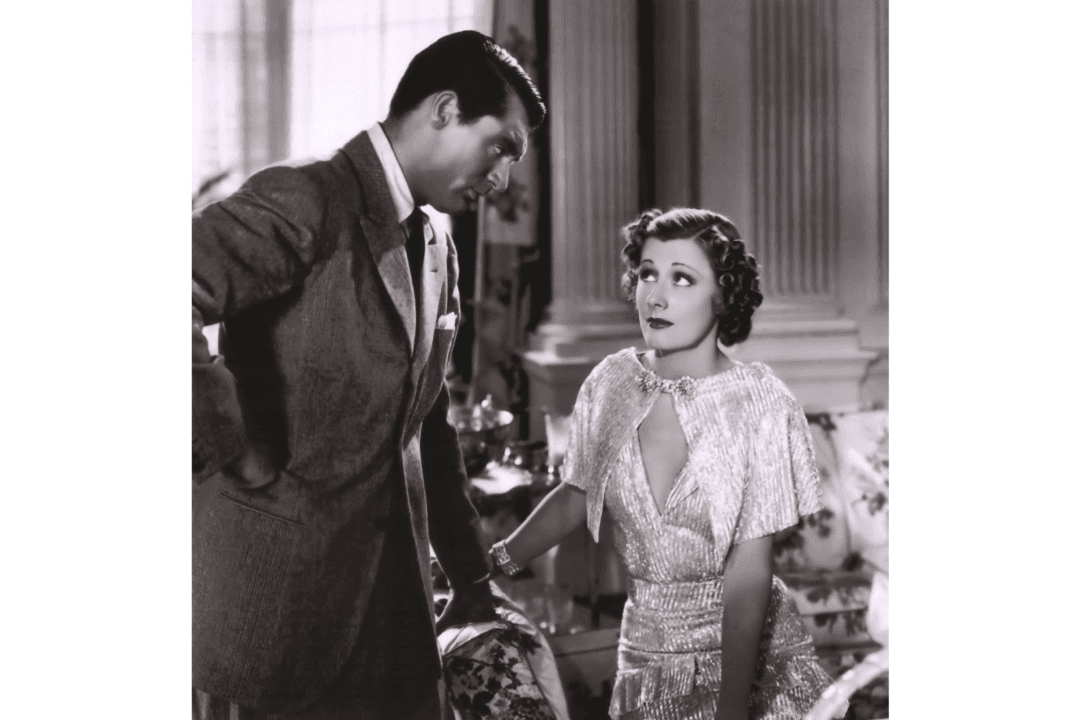NR | 1h 30m | Drama, Comedy | 1937
Director Leo McCarey’s screwball comedy begins with a character’s tongue-in-cheek diagnosis of why some marriages end in divorce: “People are always imagining things. The road to Reno is paved with suspicions. First thing you know, they all end up in a divorce court.”





